
Karen Bouffard
Staff Writer

Staff Writer
I am new to the health care beat in Michigan, and it's keeping me busy. Within weeks of taking the assignment in January, Blue Cross Blue Shield of Michigan converted from a charitable trust to a non-profit mutual liability insurance company, and our Republican Gov. Rick Snyder came out in favor of expanding Medicaid, gearing up for a battle with our GOP-dominated Legislature. Meanwhile Detroit has some of the greatest health challenges in the nation with entrenched poverty leading to some of the highest infant mortality and pre-mature birth rates in the country. I have my work cut out for me and I'm up for the challenge.

Mayor Mike Duggan said he’s well aware of Detroit’s infant mortality problem and to tackle it he will draw upon his experience as president and CEO of the Detroit Medical Center, a position he held from 2004 until he resigned to enter Detroit’s mayoral race.

It’s impossible to say how much of a health risk illiteracy poses for Detroit children. But those working with Detroit parents say poor reading skills make it harder for parents to raise healthy kids, support families or prepare children with skills needed to enter school ready to learn.
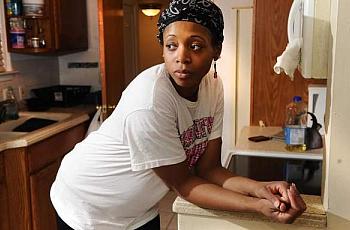
Since 1986, Detroit's Infant Mortality program has had more than 1,600 babies born and only five infant deaths with no maternal deaths. The majority of participants are African-American women between 16 and 27 years old, and 98 percent are single mothers living at or below the poverty line.
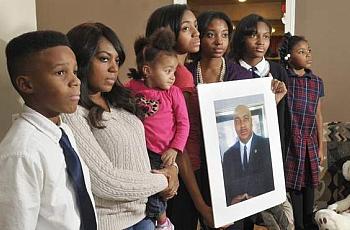
Living in unsafe or poor neighborhoods can be stressful for children — stress that for some children is compounded by trauma. Early intervention is the key to minimizing the long-term impacts of chronic stress or trauma on children’s health.

Nearly 500 Detroit children have died in homicides since 2000 — an average of nearly three dozen a year. Most were gun-related, and most were among children 14-18. Many youngsters just got in the way of a bullet intended for an adult, or for no one in particular.
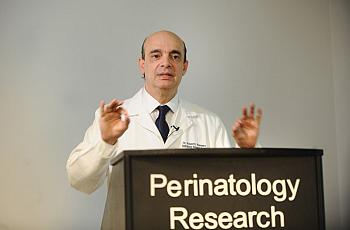
Women who have a cervix that is shorter than 25 mm, have a 70 percent greater risk of delivering their babies at less than 33 weeks of gestation. But research conducted in Detroit has uncovered a promising treatment for women with short cervixes -- vaginal progesterone.
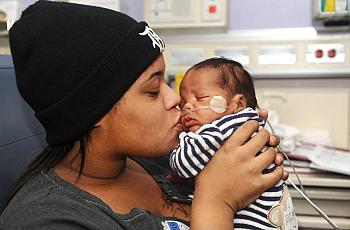
More babies are born prematurely in Detroit than in any major city in the United States. Experts blame a confluence of health risks for Detroit’s high infant mortality rate, including inadequate health care, information, support and know-how by young mothers.

Detroit kids through age 18 died at a rate of 120 per 100,000 children in 2010, the most recent year for which complete data is available. Detroit was the only city whose death rate among children topped 100 per 100,000; Philadelphia, at 95.7, was a distant second.
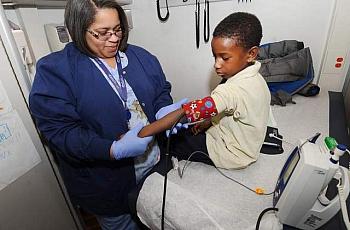
Hospital systems, nonprofits and foundations are finding innovative ways to improve health and safety for kids and work around obstacles that have stymied progress in the past.

In Michigan, companies have begun to recover, businesses are hiring and the economy is humming again. But recovery has remained elusive for many families whose struggles have been exacerbated by severe cuts to social safety nets, education and social programs.